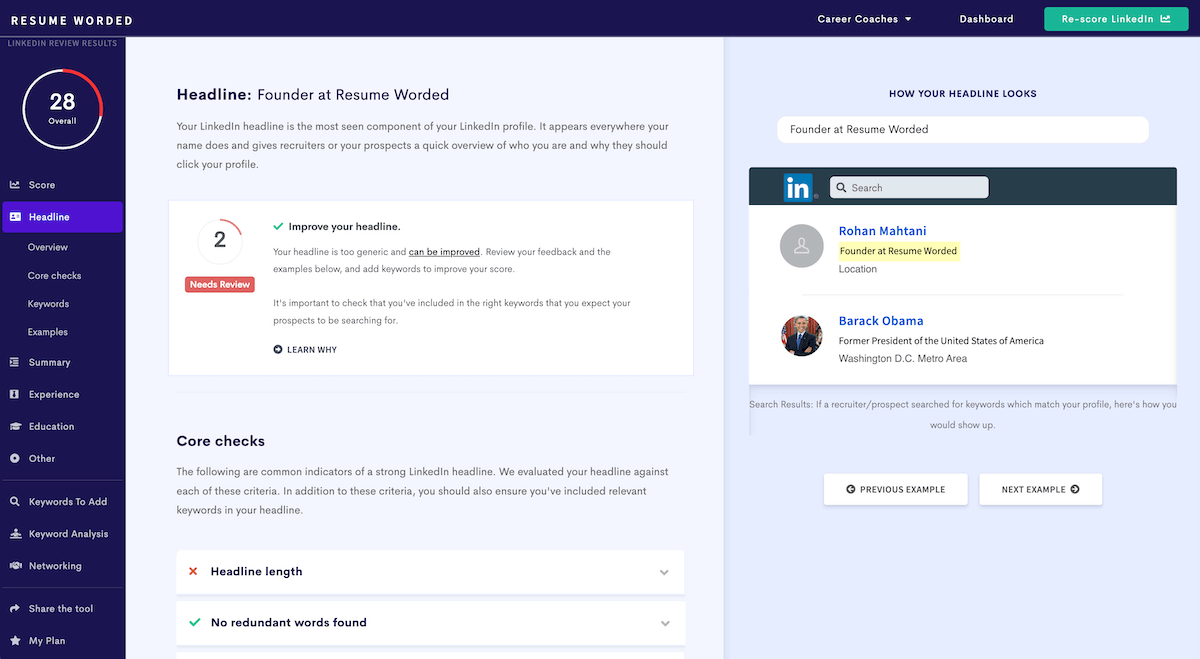You found the perfect role, wrote an effective resume, sent it in … and you didn’t get the job. It sucks, but it happens. The best thing you can do is use it as a learning tool for next time — but how do you do that if you have no idea why you didn’t get the job?
The answer: Ask. It might seem daunting, but the reality is that most hiring managers are happy to provide feedback to unsuccessful candidates. Worst case scenario, you get no reply. Best case? You get constructive feedback that helps you improve your resume and interviewing skills for next time, and maybe even start to build a relationship for the future.
Who to contact
The best person to contact is going to depend on a number of things, including whether you applied directly or through a recruiter, how far into the process you got, and how well you know people on the other side. If you have a strong contact other than the hiring manager — for example, a recruiter, or a friend who works at the company and might have some insight — you can try asking them. It’s also fine to go straight to the hiring manager, since they’re the person best poised to be able to answer your question.
If you don’t have the hiring manager’s contact details, you can try looking them up on a company website or adding them on LinkedIn. (It’s okay to do this even if you didn’t get the job — especially if you’re still interested in building a relationship.) Whatever you do, stick to professional channels — nobody wants to be contacted about work stuff on their personal email or social media.
What to ask
When asking for feedback, avoid asking outright why you weren’t hired. Instead, ask specific questions like:
- Were there any key skills or qualifications I was missing?
- What could I do to improve my candidacy for future positions?
- Could you give me feedback on my interviewing style?
- Could you give me any suggestions for how to improve my resume or cover letter?
- Did you feel that my references could be stronger?
Hiring managers may also be more willing to give feedback verbally, as giving written feedback can be used against them if a candidate decides to challenge their hiring decision. Instead of emailing a list of questions, try asking if the recruiter is open to a quick phone call to discuss feedback.
As for challenging an employer’s decision: Don’t do this. Asking for feedback is one thing, but avoid implying (or stating outright) that you think they made the wrong decision. This is guaranteed to go over badly and you’re unlikely to get any sort of reply — particularly not a favorable one.
How to improve your chances next time
If you’re worried that your resume isn’t appropriately highlighting your experience, why not get a free resume review? Our online resume checker will score your resume and give you personalized feedback on how to improve.
If you’re getting feedback that your resume wasn’t sufficiently targeted or that hiring managers were worried about whether you possess certain skills, upload your resume to Targeted Resume to identify missing skills and keywords from the job description.






